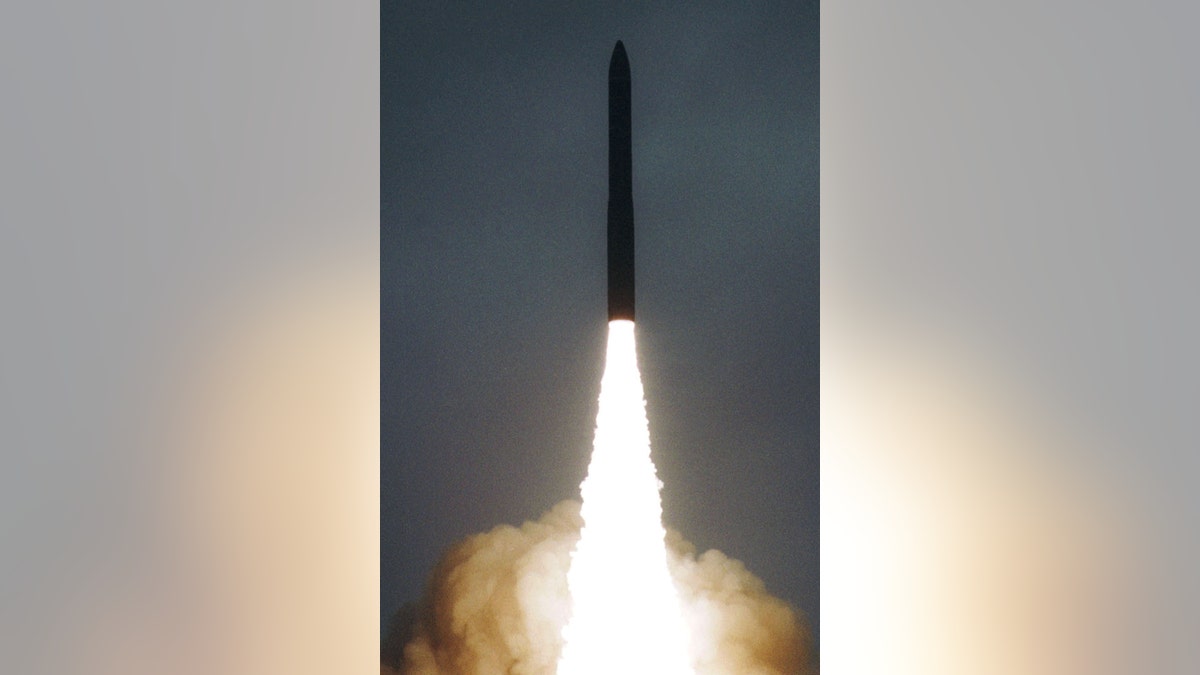
File photo - A Russian Topol-M intercontinental balistic missile lifts off during a new test launch at the Plesetsk launch site in northern Russia Sept. 26, 2000. (Reuters)
Russian scientists are planning to tweak their ICBMs (intercontinental ballistic missiles) to target near-earth objects (NEOs), according to a report by news agency TASS. The news came from Sabit Saitgarayev, the leading researcher at the Makeyev Rocket Design Bureau. The projectiles could be aimed at meteorites measuring 20-50 meters in size. A meteorite is a chunk of debris that can originate from a sun-orbiting asteroid, and that survives the trip through the atmosphere to reach Earth's surface.
The scientists plan to test their missiles on the asteroid 99942 Apophis, which Saitgarayev believes may pass "dangerously close" to Earth in 2036. There is a general consensus as to this expected close encounter, though NASA has "effectively ruled out the possibility" of an impact.
Related: NASA’s newest branch has one job: Protect the Planet from humongous asteroids
The lead scientist explains the reasoning behind his team's work. "Most rockets work on boiling fuel," Saitgarayev says. "Their fueling begins 10 days before the launch and, therefore, they are unfit for destroying meteorites similar to the Chelyabinsk meteorite in diameter, which are detected several hours before coming close to the Earth. For this purpose, intercontinental ballistic missiles can be used, which requires their upgrade."
Saitgarayev says that modifying the solid-fueled ICBMs will require several million dollars and permission from the authorities. These are weapons of war, after all. It is unclear whether or not this project will ever come to fruition, though the work has already begun.
The Makeyev Design Bureau was established on December 16, 1947. The company specialized in developing long-rockets designed by the OKB-1 (Experimental Design Bureau), which was led by pioneering rocket designer Sergei Korolov. It was under Korolov's direction that Russia launched the first artificial Earth satellite, Sputnik 1, in 1957, and put the first man in space in 1961. In the mid-1950s, Maketev OKB began developing submarine-launched ballistic missiles. Today, its rockets are used to launch Russian satellites into space.








































